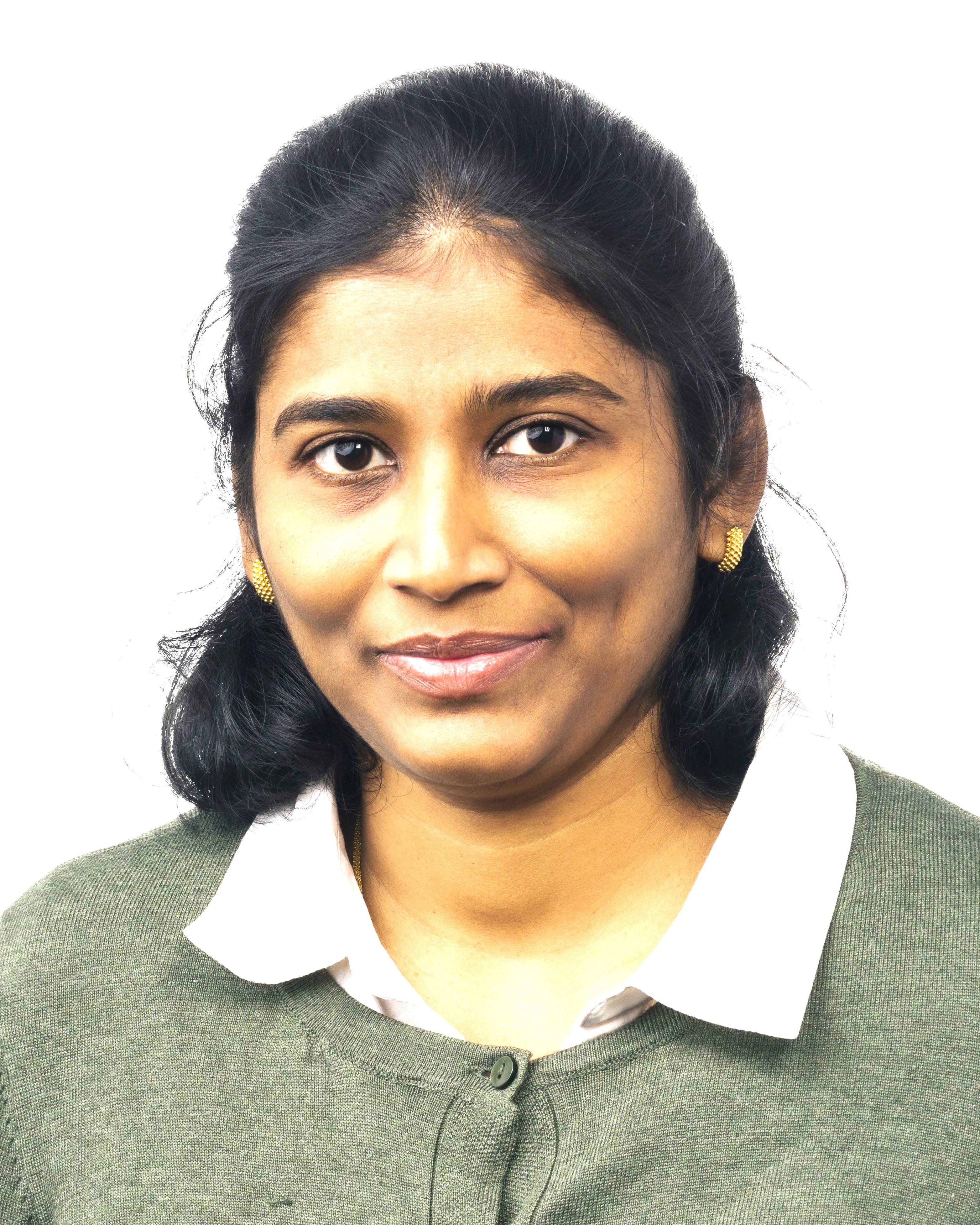Big Data and Inclusion: Fostering Diversity and Innovation in the Computer Science Community
Authored by Dr. Vijayalakshmi Saravanan, Assistant Professor in Computer Science at the University of South Dakota and promoter of diversity in the field of big data and computer science.
Diversity and inclusion are the foundations of innovation and progress in the field of computing and big data. As an advocate for these principles, I am excited to share my experience as a participant in the ECML-PKDD SoBigData Award for Diversity and Inclusion. In this article, I will extend an insight into my current research endeavors, centered around the application of big data and machine learning techniques for change point detection.
The ECML-PKDD SoBigData Award for Diversity, Equity, and Inclusion (DEI) stands as a prestigious competition dedicated to honoring the efforts of individuals who champion diversity and inclusivity within the fields of computing and big data, with a particular focus on women in this domain. It recognizes the importance of diverse perspectives and backgrounds in driving innovation and solving complex problems. I am honored and privileged to receive this first woman in SoBigData award and have been a part of this initiative, which aligns with my commitment to fostering a more inclusive data science community.
My present research project, titled "Change Point Detection Using Big Data and ML Techniques," examines the critical domain of change point detection within the domain of big data and high-performance computing (HPC). This field holds significant scientific implications, finding applications in diverse areas including climate data analysis, healthcare, molecular dynamics (MD), and environmental monitoring. It involves identifying abrupt changes or shifts in data, which can signal significant events or anomalies.
My current research is centered on advancing change point detection methods within the fields of big data and machine learning, with a particular focus on four key facets.
- Firstly, I prioritize scalability, recognizing the ever-expanding volumes of data in today's landscape, striving to develop algorithms capable of efficiently processing immense datasets while maintaining accuracy.
- Second, I emphasize adaptability, as diverse domains and datasets exhibit unique characteristics, aiming to construct versatile algorithms adaptable to an array of data types spanning from time-series data to high-dimensional feature spaces.
- Third, I delve into anomaly detection, integrating machine learning techniques to differentiate between authentic shifts and normal data fluctuations, a crucial step in reducing false alarms and ensuring precise anomaly detection.
- Lastly, I explore real-time detection methods, recognizing the imperative nature of swift identification of change points in applications such as MD change point detection, thus working to enable timely responses to significant events.
In addition to my research endeavors, my commitment extends to advancing diversity and inclusion within the big data and computing community. I believe that diverse teams bring a wealth of perspectives and ideas to the table, leading to more innovative and well-rounded solutions to complex problems.
My participation in the ECML-PKDD SoBigData Award for Diversity and Inclusion reaffirms my commitment to these principles. Overall, participating in the ECML-PKDD SoBigData Award for Diversity and Inclusion has been a deeply meaningful experience that has allowed me to combine my passion for big data with my dedication to fostering a diverse and inclusive community. As I continue my research journey in change point detection using big data and machine learning techniques, I am driven by the belief that diversity and inclusion are not just values to support but also essential ingredients for success and progress in big data and beyond.
I would like to express my gratitude once again to the SoBigData research infrastructure for DEI award initiatives and the European Union's Horizon 2020 research and innovation program, operating under grant agreement No. 871042, for this prestigious award. I also extend my heartfelt thanks to the University of South Dakota, USA, for their unwavering support.

